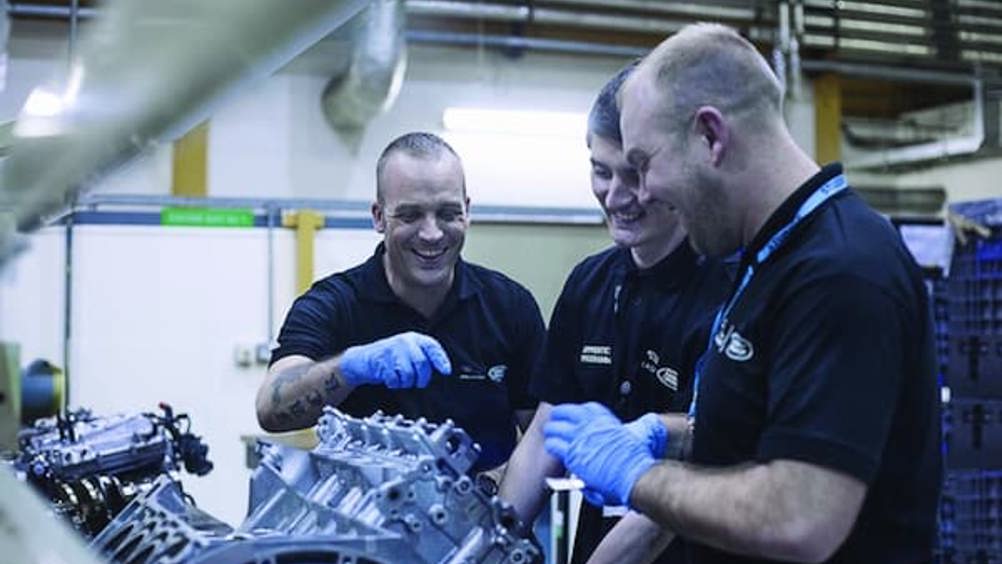Funding boost puts automotive skills on track
The government is collaborating with automotive manufacturers to ensure skills across the sector by inspiring the next generation of vehicle makers and creating new routes into automotive careers.

To move the initiative forward business secretary Vince Cable has announced £11.3m of government funding alongside a £2.8m investment and £16.4m in-kind contributions from industry.
The project, developed through the Automotive Council’s Business Environment and Skills Group, brings together automotive businesses to ensure future skills needs are met for UK vehicle manufacturers and supply chain companies. It follows a successful bid from the group for funding through the government’s Employer Ownership Pilot, a £340m competitive fund that invited employers to tell the government how they would better use public investment, alongside their own, to invest in the skills.
In a statement, business secretary Vince Cable said: ‘Employment in the automotive industry is set to grow in the coming years, with multi-billion pound investments taking hold and production volumes on course for record levels.
‘With developments such as connectivity and advanced manufacturing taking the sector into exciting new territory, recruitment is a major challenge facing the industry.’
Register now to continue reading
Thanks for visiting The Engineer. You’ve now reached your monthly limit of news stories. Register for free to unlock unlimited access to all of our news coverage, as well as premium content including opinion, in-depth features and special reports.
Benefits of registering
-
In-depth insights and coverage of key emerging trends
-
Unrestricted access to special reports throughout the year
-
Daily technology news delivered straight to your inbox










UK Enters ‘Golden Age of Nuclear’
The delay (nearly 8 years) in getting approval for the Rolls-Royce SMR is most worrying. Signifies a torpid and expensive system that is quite onerous...